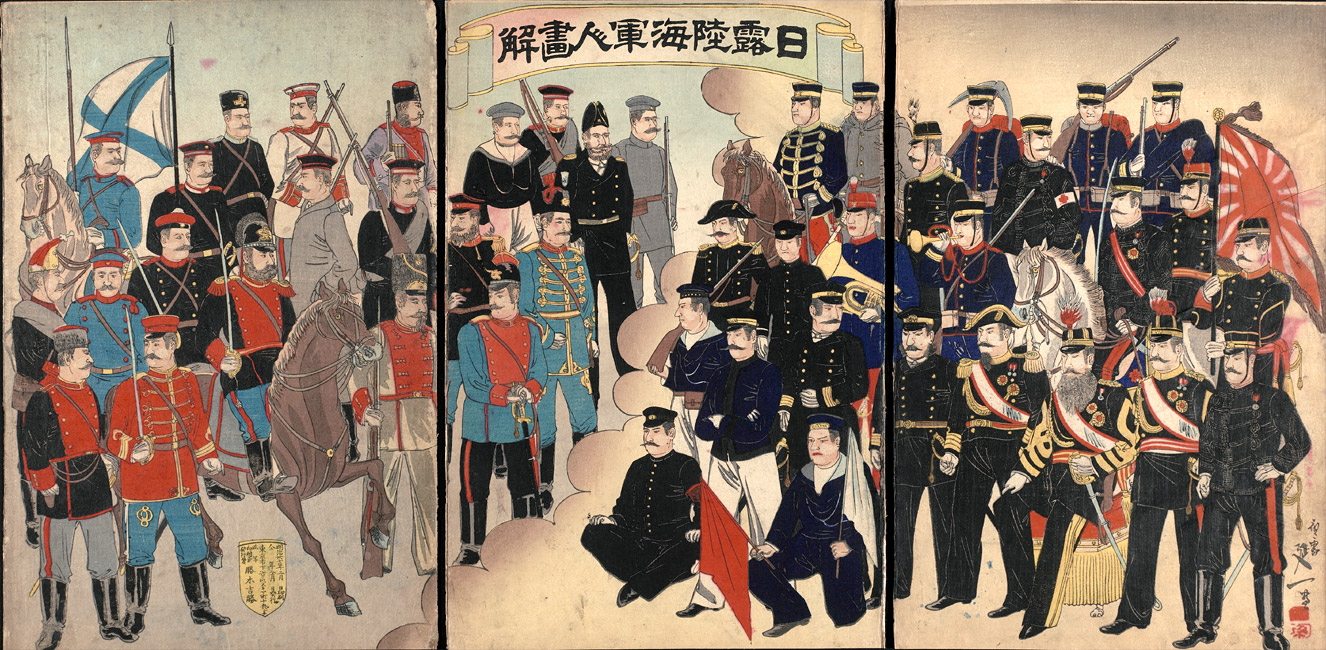By Patrick Pierson.
This week’s terrorist attack on a hotel in Burkina Faso’s capital is a stark reminder that Islamic extremism remains a significant threat across Africa. And while threats from the likes of Boko Haram and AQIM garner African headlines, rebels allied with the Lord’s Resistance Army kidnapped dozens in Central African Republic while in nearby Somalia British PM David Cameron has deployed dozens of military advisors to assist AU forces in the fight against al-Shabab.
On a related note of African militarization, Turkey broke ground with a new military installation on Somali soil in recent weeks. Similarly, in nearby Djibouti recent reports suggest the Chinese military has finalized a deal to build a base in the country, causing some to wonder how the US and Western allies will respond.
Similarly, attacks in Jakarta demonstrate the slow but steady creep of Islamic State into southeast Asia. Recent news out of the Philippines shows that Islamist groups in the country have also begun declaring their allegiance to ISIS. In Malaysia, trends suggest an emergence of more conservative forms of Islam taking root. Finally, a recent report from the United States Institute of Peace explores the roots of violent extremism in Bangladesh, declaring that, “radicalization and institutional dysfunction are closely connected.”
As noted previously at PV@G, the prevalence of gang violence in Central America continues. Earlier this week, the Peace Corps pulled out of El Salvador due to the security threat. Unfortunately, the crisis does not appear set to diminish anytime soon with harrowing levels of violence documented throughout the region. However, US officials announced this week that joint efforts will be undertaken with the United Nations to more efficiently address the influx of migrants seeking refuge from the violence. And while the new approach is certainly welcome, the ever-changing strategies of Mexican cartels – now to include entrenchment in the country’s local politics – suggests that it may prove too little, too late.
And, lest we forget, if you want to pursue development, pursue peace. A recent UN report documents “one in four children in conflict zones are out of school,” with such challenges encouraging some to argue that we must begin to rethink refugee camps and the service provision therein. While such thorny issues demonstrate the profound interconnectedness of security and development, bloggers such as Courtney Martin warn against an over-simplification of such complexity, a phenomenon she describes as “the reductive seduction of other people’s problems.”






